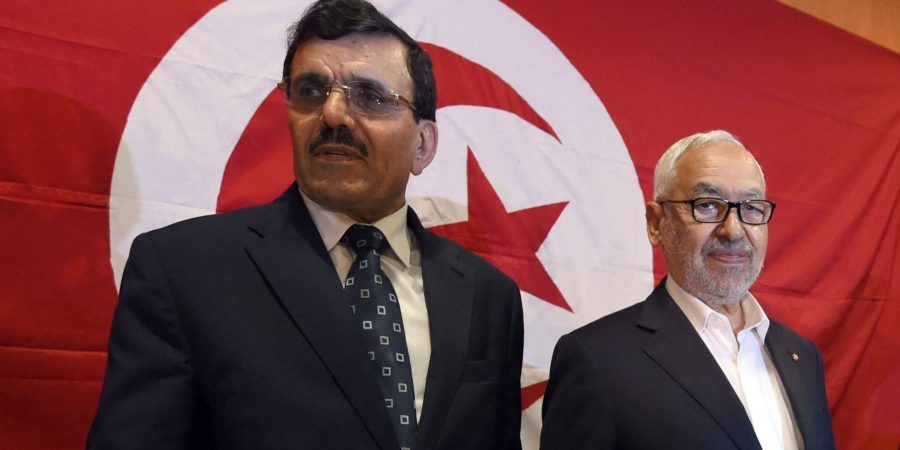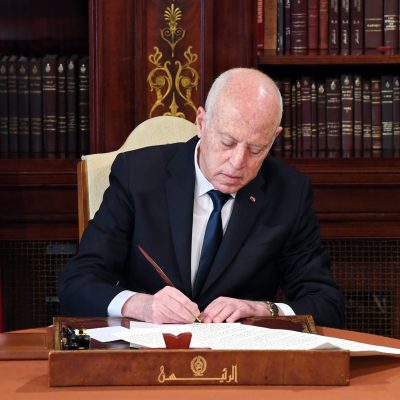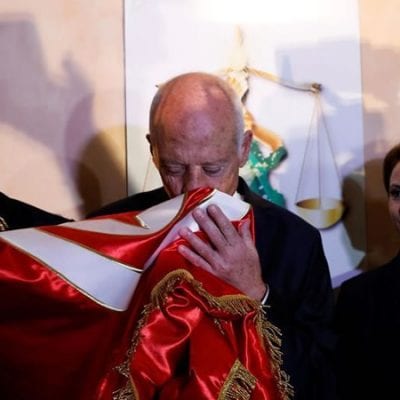EXCLUSIVE: Ali Al-Arayedh admits Ennahdha’s responsibility in Tunisia’s failures

Ali Al-Arayeh, vice-president of the Tunisian Islamist movement Ennahda, led by Rachid Ghannouchi, said in an interview with the newspaper Asharq Al-Awsat, the movement “bears a large part of the responsibility for the escalation of the political crisis in Tunisia.” However, a member of Parliament and an Islamist leader seems to distance himself from Rachid Ghannouchi, admitting that Ennahdha also has an essential co-responsibility for the mismanagement of the state after the 2011 revolution led to the overthrow of Ben Ali.
Al-Arayedh, who previously served as Prime Minister and Interior Minister, bluntly stated that his party “bears most of the blame for the failure in Tunisia.” He explained that Ennahdha’s accession to power and the conclusion of political alliances at any cost harmed the young North African Republic’s political situation.
Al-Arayedh suggested that his party could play the role of the opposition in confrontation with the ruling parties. This position could play a more beneficial role for the Ennahda movement and Tunisia as a whole. Al-Arayedh also indicated that Ghannouchi’s party is not the only one in the Islamist galaxy responsible for the situation before July 25, when President Kais Saied decided to activate Chapter 80 of the constitution.
The vice president of Ennahdha underlined that the responsibility is “collective,” pointing out the rest of the political power and the social partners share the causes of the governance crisis that has hit the nascent democracy in Tunisia. Kais Saied’s decisions have been followed by a series of arrests and dismissals of Governors, officials, and entrepreneurs linked to other Islamist parties, such as al-Karama and Qalb Tunis. Faced with the determination of the head of state and the compactness among Tunisians, many exponents and party leaders have announced his resignation, allowing the country to restart.



